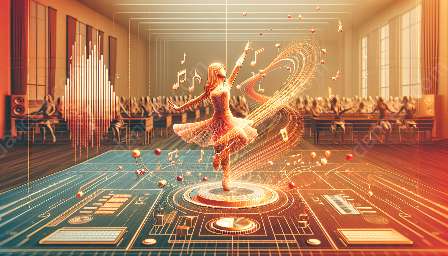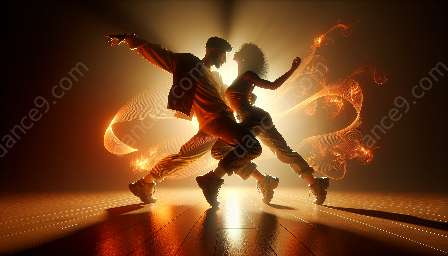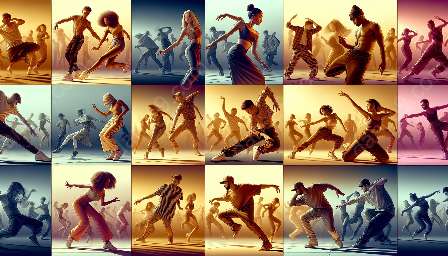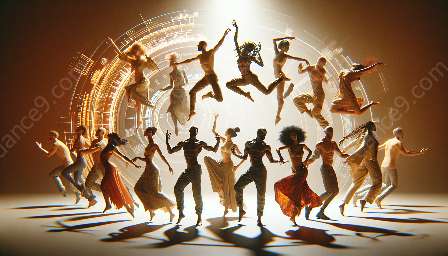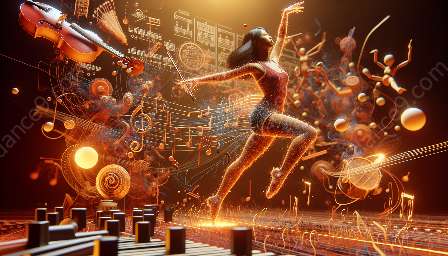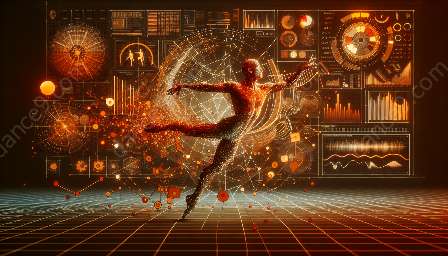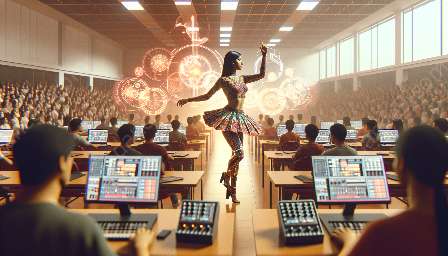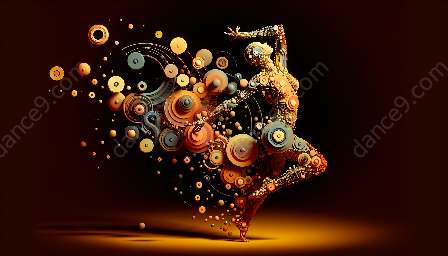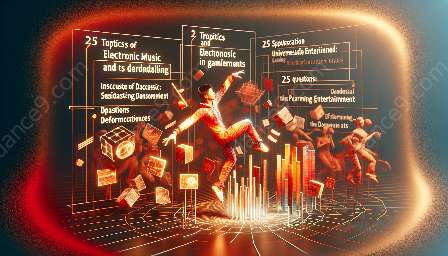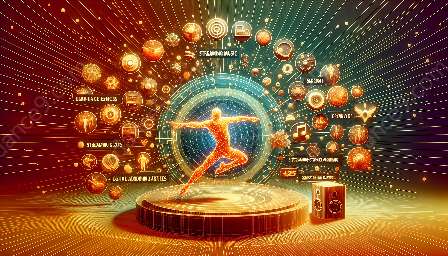Performers in the dance and electronic music industry face unique legal and copyright considerations that are essential to understand and navigate effectively. In this comprehensive guide, we will explore the key legal and copyright aspects that performers in this industry need to be aware of in order to protect their work and avoid legal issues. Whether you are a dancer, DJ, or electronic music producer, it is crucial to have a solid understanding of the legal landscape to ensure that your creative output is properly protected.
Understanding Copyright Law
Copyright law is a fundamental element that all performers in the dance and electronic music industry should familiarize themselves with. Copyright provides legal protection for original works of authorship, including choreography, musical compositions, sound recordings, and other creative outputs. As a performer, it is important to recognize that your performances and compositions are automatically protected by copyright as soon as they are created and fixed in a tangible form.
Protecting Your Choreography
For dancers and choreographers, the protection of choreographic works is a key consideration. Choreography is considered a form of artistic expression and is therefore subject to copyright protection. This means that the underlying choreography of a dance routine, including the original sequence of movements and the specific arrangement of steps, is automatically protected by copyright when it is created and recorded. However, it is important to note that copyright protection does not extend to individual dance steps or basic social dance moves.
Securing Music Rights
When it comes to electronic music performances, securing music rights is a critical legal consideration. As a performer, you must ensure that you have the necessary permissions and licenses to use copyrighted music in your performances. This typically involves obtaining performance rights from the relevant rights organizations and obtaining licenses from music publishers and record labels. Understanding the intricacies of music licensing and ensuring compliance with copyright laws is essential to avoid legal disputes and potential damages.
Contractual Agreements
Performers in the dance and electronic music industry often engage in contractual agreements with venues, promoters, and collaborators. These contracts play a crucial role in defining the rights and obligations of all parties involved. It is imperative for performers to carefully review and negotiate these agreements to ensure that their rights are protected and their interests are adequately represented. Key aspects to consider in contractual agreements include performance fees, rights to recordings, use of images, and intellectual property ownership.
Intellectual Property Ownership
Intellectual property ownership is a central component of contractual agreements for performers. It is essential to delineate the ownership and usage rights of choreographic works, music compositions, sound recordings, and any other creative content produced by the performer. Clear and comprehensive clauses related to intellectual property rights in contractual agreements can help mitigate potential disputes and provide clarity on the ownership and control of creative works.
Protecting Your Brand
In the dance and electronic music industry, performers often develop and promote their personal brands. Understanding and protecting your brand identity is critical to establishing a distinctive presence in the industry. Performers should consider trademarking their stage names, logos, and other brand elements to prevent unauthorized use and exploitation by third parties. Additionally, performers should be mindful of their online presence and take measures to protect their digital assets and promotional materials from infringement.
Enforcement and Litigation
Despite proactive measures to protect intellectual property and brand identity, performers may still encounter instances of infringement and unauthorized use. In such cases, it may be necessary to pursue enforcement actions and, if required, litigation to safeguard the performer's rights. Engaging legal counsel with expertise in entertainment law can provide performers with the necessary support and guidance to address infringement issues and pursue appropriate legal remedies.
Conclusion
As performers in the dance and electronic music industry, it is indispensable to be well-versed in legal and copyright considerations to safeguard your creative endeavors and navigate the industry with confidence. By understanding the nuances of copyright law, contract negotiations, intellectual property protection, and brand management, performers can proactively protect their rights and mitigate potential legal risks. By embracing a comprehensive approach to legal and copyright considerations, performers can focus on their artistic pursuits while ensuring that their work is respected, valued, and legally protected.


